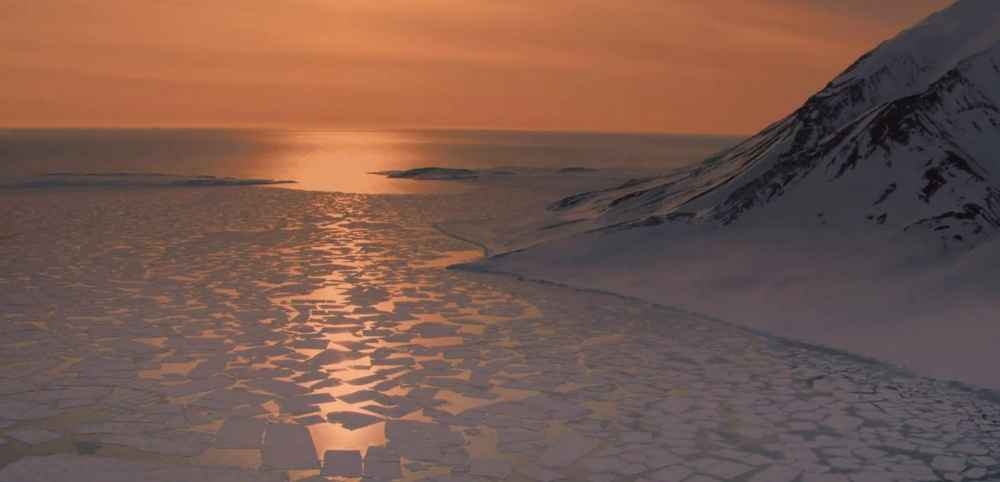By Sofia Webster, Co-Deputy Film and TV Editor
On the first day of 2024, Attenborough and the Giant Sea Monster premiered on BBC One, receiving positive reviews across many platforms. The Guardian gave it a 5-star review, calling it 'possibly the most deeply joyous show ever made'. This documentary highlights the joy of discovery and how someone like Attenborough, a beloved and knowledgeable naturalist, can still be introduced to an unknown species – even at 97 years old.
The documentary focuses on the miraculous discovery of the fossil of a skull of a pliosaur, which is confirmed to be a completely new species for Great Britain that has never been discovered before. It was partly produced by the BBC’s Bristol Unit who therefore played a role in bringing this euphoric project to life.
The University of Bristol’s Palaeontology department contributed to this documentary through examining this newfound fossil, identified as the skull of the so-called ‘giant sea monster’. Steve Etches, who owns this pliosaur specimen, was working to clean the fossilised bone for a year before the University’s palaeontology department were able to intricately examine the fossil.

Speaking with Epigram, Dr Judyth Sassoon from the University of Bristol (who examines the ‘giant sea monster’ fossil in the documentary alongside Attenborough) says that this newfound pliosaur specimen is ‘the best-preserved fossil’ she has ever worked with throughout her career. Sassoon further explained how the information gathered about this specimen is not completely finished, therefore has not formally been identified as a new species at the current moment. Despite this, it was noted to be a brand-new specimen for Great Britain, and potentially the world, however if this is not the case Sassoon stated that the species would be rare even if seen before elsewhere.
Sassoon’s work on pliosaurs has been published in the Bristol Museum, since both herself and her department have great expertise on palaeontology and pliosaurs more specifically. The documentary, therefore, showcases the process of fossil identification as well as the endless possibility of discovery.
Attenborough and the Giant Sea Monster is currently on BBC iPlayer in the UK.









